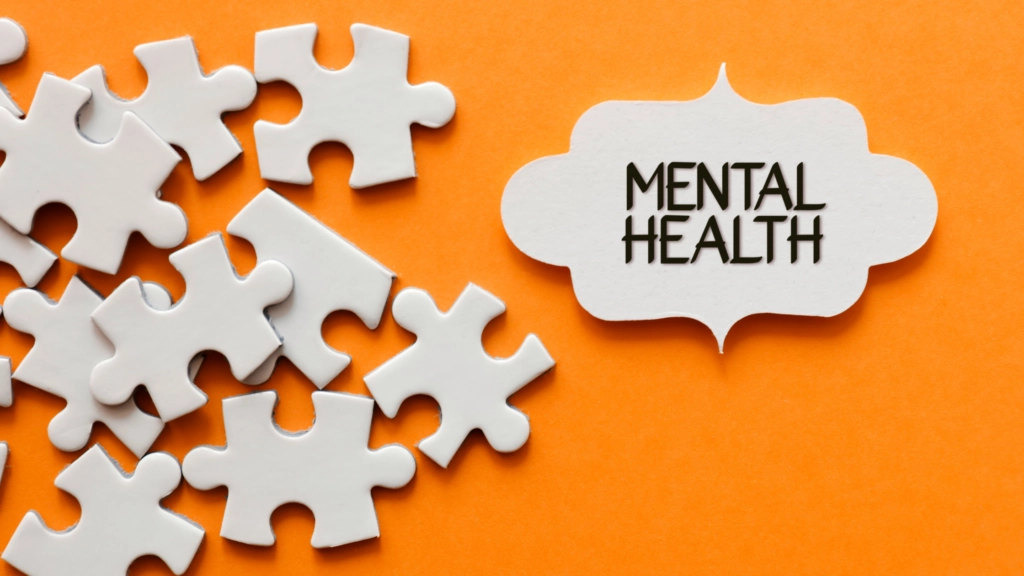College athletes are not immune to mental health issues, but due to their busy schedules and the image they're expected to upkeep, college athletes tend to seek help less often than the rest of the student body.
A study published in the Sport Journal found almost 30% of college athletes to be dealing with depression, and that many athletes' mental health disorders are triggered and/or worsened by the pressures put on them as college athletes.
To get a better idea of the extent to which student-athletes struggle with mental health, I sent out an anonymous survey to my teammates and friends on other teams. Out of the 77 people that responded to the survey, 75 expressed that they have had a struggle with mental health throughout their collegiate careers. Out of the 75, 64 expressed that they did not struggle with mental health in high school and that the change from high school to college athletics took a toll on them mentally. These numbers do not lie, athletes are struggling with injury, but most importantly, athletes are struggling with their mental health.
Related: Injuries and Eating Disorders in College Athletes
It is baffling that it is so common for athletes to suffer with mental health disorders, especially those triggered by injury, and yet there is not more emphasis on mental health initiatives throughout the NCAA. Athletic departments need to see these numbers, and they need to make changes. This could be seen in the form of a mental health seminar or program.
Related: 3 Mental Wellness Tips for Athletes
Lauren Bennett, a member of the 2020/2021 SAAC (Student-Athlete-Advisory Committee) for George Washington University was very excited to share some ideas that she planned to implement at her school:
“We recognize that our athletes, on top of all the normal struggles athletes go through, are going through an incredibly strange and difficult time! So with that in mind, we'll be working with Sports Med to bring some new mental health programming related to change and grounding yourself. We're super excited to bring some new speakers in, as well as introduce mindfulness events to help athletes relax! Additionally, we're working on a positivity initiative that our Internal Vice President is spearheading.”
These initiatives are a great start, but without every school being required to coordinate such programs, many athletes are still left to deal with their mental health struggles alone. The NCAA can initiate its own programs, while also mandating that individual schools incorporate mental health days into their training programs. If coaches can somehow fit a 40-hour week into the 20-hour rule, they can fit in a mental health day for their team.
Related: Flaws of the 20-Hour Rule
Mental health is an overdue conversation. We need to remove the stigma, and we need to realize that it can stem from so many things. Whether an injury, a rough relationship with a coach, a few bad games or races, or a more serious condition, it needs to be discussed. Athletes know that they are not alone, there are resources out there that can help them, and it is okay to not be okay.
* Originally published on October 7, 2021, by Lilly O'Sullivan







